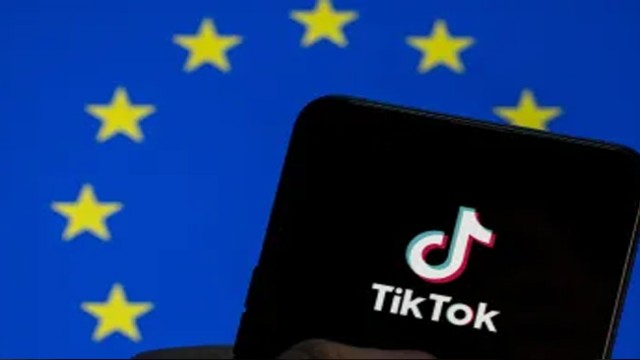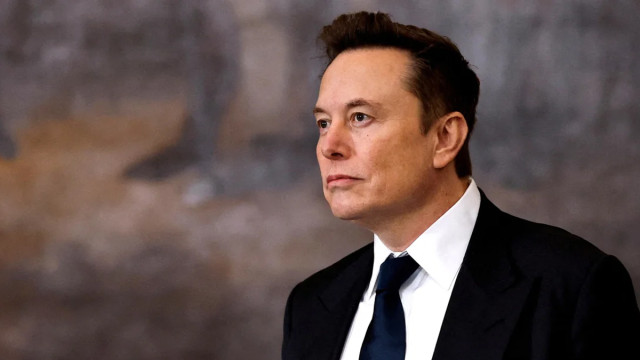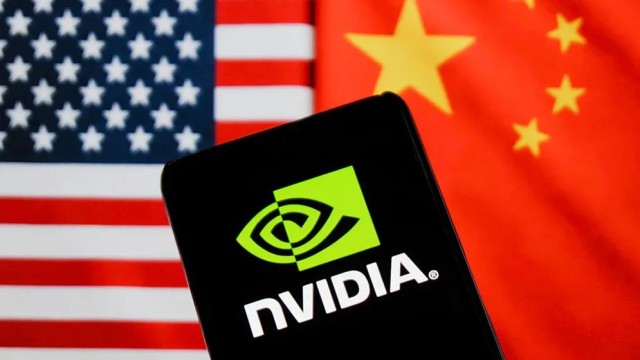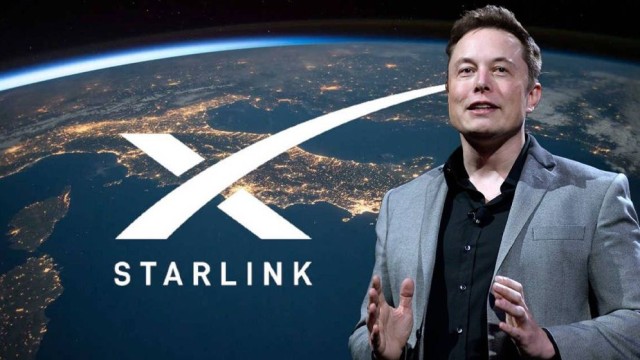The European Commission has signaled its intention to subject Elon Musk's X social media platform, ByteDance (owner of TikTok), and Booking.com to stringent regulations under the Digital Markets Act (DMA). This move comes after notifications by the companies themselves.
Under the DMA, companies with more than 45 million monthly active users and market capitalization exceeding 75 billion euros ($81 billion) are classified as gatekeepers. These gatekeepers provide core platform services for business users and are subject to various obligations aimed at fostering competition and protecting user choice.
Starting from March 7, gatekeepers must ensure interoperability of their messaging apps with rivals' platforms and allow users to decide which apps are pre-installed on their devices. They are also prohibited from giving preferential treatment to their own services or preventing users from removing pre-installed software or apps.
The European Commission now has 45 working days to decide whether to officially designate X, ByteDance, and Booking.com as gatekeepers. During this period, the Commission will evaluate any arguments put forward by the companies to challenge the designation.
ByteDance was previously labeled as a gatekeeper in July last year, but TikTok has challenged this designation in Europe's second-highest court. It remains uncertain which other ByteDance services could fall under the definition of core platform services under the DMA.
Booking.com, which last year expressed its expectation of falling into the gatekeeper category due to the addition of more users, now faces the prospect of increased regulatory scrutiny.
Several other tech giants, including Alphabet, Amazon, Apple, Meta, and Microsoft, were designated as gatekeepers under the DMA last year. These companies are already subject to the obligations outlined in the legislation as part of the EU's efforts to address concerns related to digital competition and market dominance.































Comment: